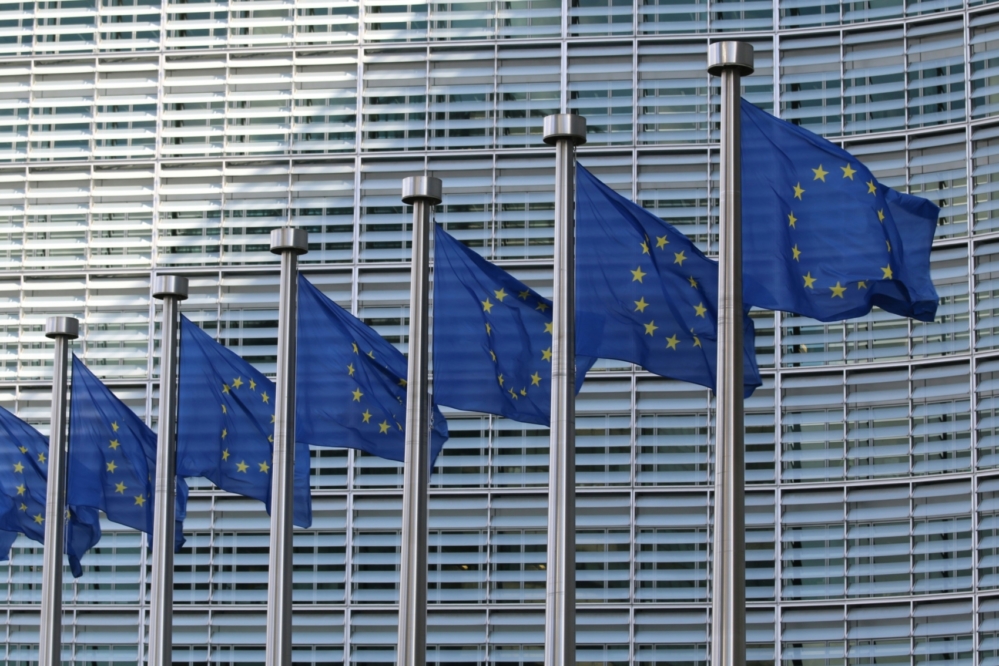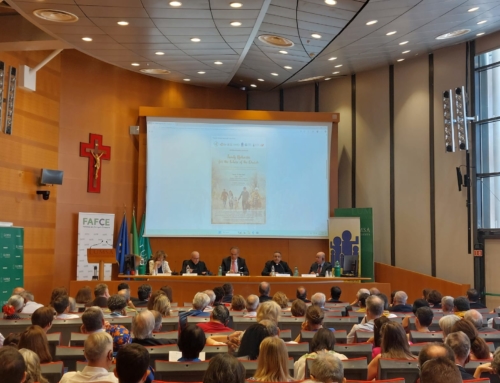Brussels, 16th of February 2024
The European Council and the European Parliament yesterday approved an extension of current protection measures against child sexual abuse material online. FAFCE welcomes the move to prolong the measures until April 2026, but reiterates the need for a long-term framework.
This agreement comes after the Civil Liberties position to extend measures to protect children online by identifying and preventing child sexual abuse, which was prolonged earlier this month from its adoption in November. The protection measures include a derogation of data protection rules, which will permit messaging services to use technologies to detect, remove and report online child sexual abuse on their platforms. The derogation commenced in 2021 and was set to expire in August 2024, if not for this latest extension.
The President of FAFCE, Vincenzo Bassi, said: “The extension to current protections is an important step forward in protecting minors online. It is crucial that online platforms are able to detect materials containing abuse of children, as well as being able to report and remove them. While it is necessary to prolong measures to bridge legislative gaps, the institutions must deliver on longer term solutions that provide security and clarity. These protections must be coupled by a deeper inclusion of family networks, who act as a support in the midst of loneliness and isolation. Families bear the original responsibility of the protection of their children and play the central role in their social and moral education.
“We reiterate also that institutions have a duty to ensure that children are not consumers of harmful material online. Children’s exposure to po***graphy is already a form of online sexual abuse that our societies are tolerating. With technologies like Artificial Intelligence moving faster than our ethical and social conversations, we are in danger of sleepwalking into a moral crisis. This is a battle that requires a fight on both fronts. Future generations depend on us winning it“.
On 20 December, the European Commission added three adult platforms to the systemic risk list of the Digital Services Act. Together with Pope Francis, FAFCE recalls that po***graphy represents an issue of public health and that “we would be seriously deluding ourselves were we to think that a society where an abnormal consumption of internet sex is rampant among adults could be capable of effectively protecting minors”.
A report published in 2022 by the Internet Watch Foundation denounces that the 62% of all the CSAM globally is traced to an EU member state. Moreover, the European Centre for Law and Justice (ECLJ) has recently published a new report denouncing that the production and consumption of po***graphy have exploited and that almost a third or all online searches are about po***ography.
FAFCE contributed to the public Consultation launched by the European Commission on this issue, on 12 September 2022. FAFCE welcomed this extension and reiterates its calls for the inclusion of age verification systems, and parental controls. FAFCE urges the EU institutions to consider the following steps: (i) a EU ban on po***graphy and (ii) the fight against the oversexualisation of children; (iii) further analyze the links between po***graphy consumption and child sexual abuse.
Vincenzo Bassi calls for “the European, national and local institutions to center parents and family associations in the protection of children in decision-making. They must not be left alone, but rather be empowered to educate and safeguard their children. The family is the foundation of society and should be valued as such”.








